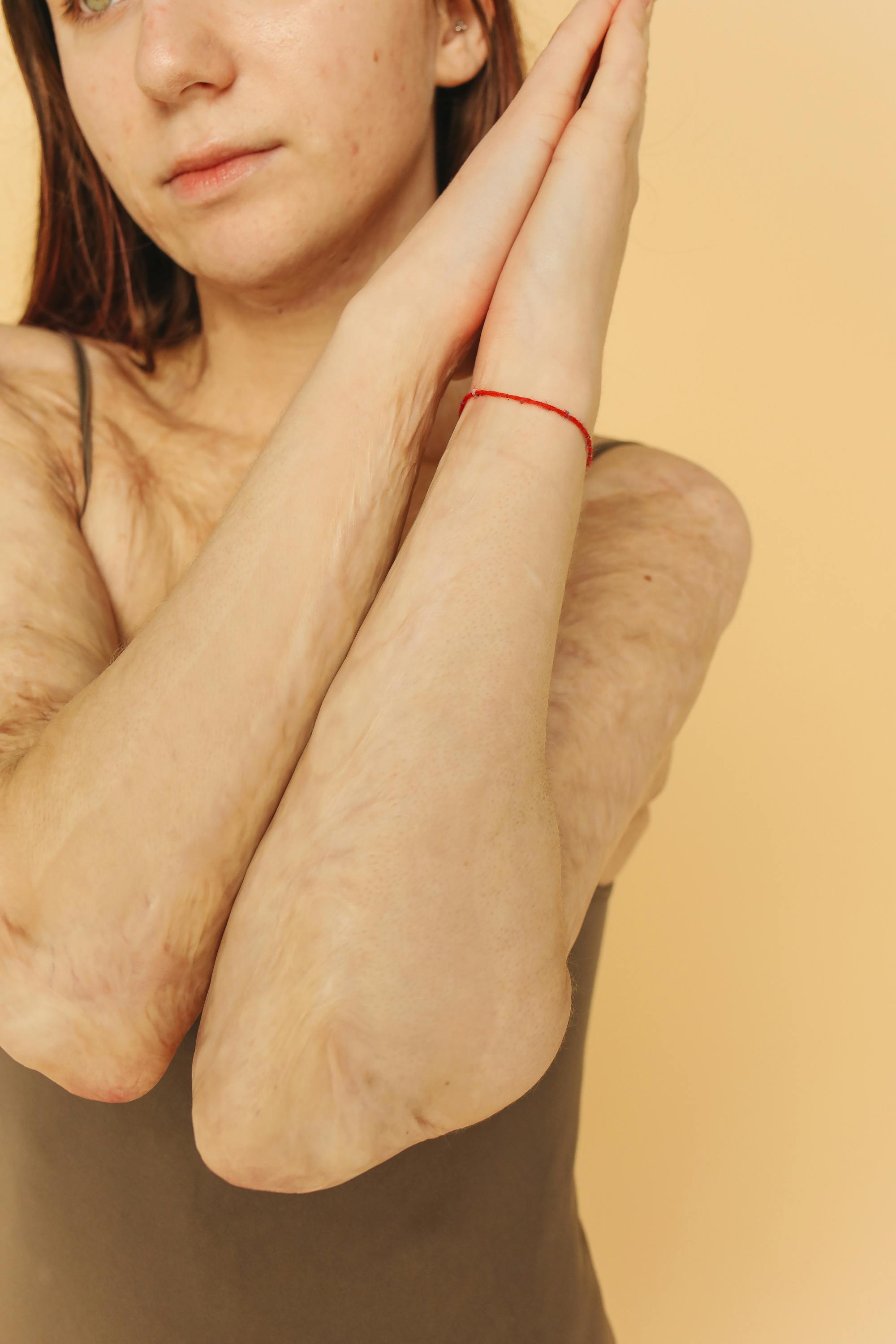
I. Introduction
In a world where the cacophony of daily life often drowns out our inner voices, music therapy emerges as a powerful antidote. Historically, music has been interwoven with human experience, used not only for celebration but also for healing. From ancient rituals to modern therapeutic practices, the evolution of music therapy reflects humanity’s understanding of the profound connection between sound and emotion. For women, whose mental health challenges can be compounded by societal pressures and expectations, the exploration of music therapy offers a beacon of hope.
The significance of mental health in women’s lives cannot be overstated. Research indicates that women are more likely to experience conditions such as anxiety, depression, and trauma, often triggered by life events that disproportionately affect them, such as caregiving responsibilities or societal pressures to conform. As the conversation around mental health gains momentum, it’s essential to consider diverse therapeutic avenues. This article aims to delve into the surprising impact of music therapy on women’s mental health, showcasing its various types, techniques, and the real-life success stories that underscore its effectiveness.
II. Understanding Music Therapy
Music therapy is a specialized field that employs music as a therapeutic tool to address emotional, cognitive, and social needs. Defined by the American Music Therapy Association, it involves a qualified therapist using music interventions to accomplish individualized goals within a therapeutic relationship. The scope of music therapy is vast, encompassing everything from playing instruments to composing songs, and it serves various populations, including those with mental health issues, developmental disabilities, and chronic illnesses.
At the heart of music therapy lies a blend of psychological and neurological principles. The brain’s response to music is well-documented; studies show that engaging with music can stimulate dopamine release, enhancing mood and fostering emotional resilience (Levitin, 2006). Understanding this neurological foundation helps distinguish music therapy from recreational music activities. While the latter may provide enjoyment, music therapy is a structured approach designed to promote healing and personal growth, particularly vital for women navigating complex emotional landscapes.

III. Types of Music Therapy
Active music therapy and receptive music therapy are the two primary categories, each serving distinct purposes. Active music therapy involves clients creating music, whether through singing, playing instruments, or composing. This hands-on approach empowers women to express themselves, facilitating emotional release and personal insight. For instance, studies have shown that women participating in active music therapy report increased self-esteem and improved mood, illustrating its profound impact on mental well-being.
On the flip side, receptive music therapy focuses on listening to music, often accompanied by guided imagery or relaxation techniques. This form provides a safe space for clients to explore their feelings and memories through the soundscapes crafted by the therapist. Benefits of receptive music therapy include reduced anxiety and stress, making it particularly advantageous for women facing overwhelming emotional burdens. Integrative music therapy, a blend of both active and receptive methods, further expands the therapeutic toolbox, allowing for a more tailored approach to individual needs.
IV. Techniques Used in Music Therapy for Women’s Mental Health
Among the myriad techniques employed in music therapy, Guided Imagery and Music (GIM) stands out. This approach involves listening to music while visualizing imagery, facilitating deep emotional exploration. Research indicates that GIM can significantly reduce symptoms of anxiety and depression, particularly in women who have experienced trauma. By tapping into the subconscious, GIM allows for a unique healing process, enabling participants to confront and process their emotions in a safe and supportive environment.

Lyric analysis and songwriting are transformative techniques that serve as powerful tools for self-expression. Through the lens of their own experiences, women can articulate their feelings, uncovering insights that may have remained hidden. This process not only fosters creativity but also promotes emotional healing. Improvisation and composition, meanwhile, encourage spontaneity and innovation, helping women reclaim their voices in a world that often seeks to silence them. Community music therapy, which brings groups together to create and share music, builds social connections and reduces feelings of isolation, a common challenge for many women.
V. Specific Mental Health Issues Addressed by Music Therapy in Women
Music therapy has proven effective in addressing various mental health issues, with multiple studies highlighting its benefits for women dealing with depression. The act of engaging with music can elevate mood and provide a sense of purpose, crucial for those grappling with depressive symptoms. According to a meta-analysis published in the Journal of Affective Disorders, music therapy showed significant reductions in depression rates among women, highlighting its role as a viable treatment option.
Anxiety and stress management also benefit from music therapy’s soothing qualities. The simple act of listening to calming music can lower cortisol levels—the stress hormone—creating a state of relaxation. For women who often juggle multiple roles, music therapy serves as a sanctuary, offering tools to navigate life’s pressures. Additionally, for women dealing with trauma and PTSD, music therapy provides a non-verbal means of processing difficult experiences, fostering resilience and healing.

VI. Real-Life Success Stories
Consider the story of Sarah, a 32-year-old mother who found herself struggling with depression after the birth of her second child. Through songwriting in her music therapy sessions, she unearthed feelings of inadequacy and isolation, transforming them into empowering anthems of motherhood. This cathartic process not only alleviated her depressive symptoms but also reignited her passion for music, leading to a newfound sense of identity beyond motherhood.
Then there’s Lisa, who participated in a group music therapy program designed for women with a history of trauma. She found solace in sharing her story through music, discovering that she was not alone in her struggles. The group dynamic fostered a sense of community and support, enabling Lisa to heal alongside others who understood her pain. Testimonials like these illustrate the profound impact of music therapy, revealing how women can overcome significant mental health challenges through creative expression.
VII. The Future of Music Therapy in Women’s Mental Health
The future of music therapy in women’s mental health looks promising, with ongoing research shedding light on its effectiveness. Current studies indicate a growing recognition of music therapy as a legitimate therapeutic modality, with potential integration into traditional therapeutic practices. As healthcare providers increasingly understand the importance of holistic approaches, music therapy stands poised to become a staple in mental health treatment, particularly for women.

Advocacy and awareness play crucial roles in this evolution. As more women share their success stories, the demand for music therapy will likely increase, encouraging more practitioners to enter the field. The potential for collaborative efforts between music therapists and mental health professionals can create a more comprehensive support system for women, ultimately leading to improved outcomes in mental health care.
VIII. Conclusion
In summary, music therapy presents a transformative approach to addressing women’s mental health challenges. With its rich historical context and proven effectiveness, it offers a unique blend of creativity and healing. The techniques employed within music therapy allow women to explore their emotions, foster connections, and find empowerment through self-expression. As we advocate for broader acceptance and integration of music therapy within mental health practices, it is essential to recognize its value as a legitimate and impactful option for support.
Encouraging further research and awareness is crucial. For women seeking mental health solutions, music therapy should not merely be an afterthought; it deserves a place at the forefront of therapeutic options. As the world continues to grapple with the complexities of mental health, let us embrace the healing power of music and the profound impact it can have on women’s lives.

Frequently Asked Questions (FAQ)
1. What qualifications do music therapists need?
Music therapists typically hold a bachelor’s or master’s degree in music therapy and must complete clinical training and certification to practice professionally.
2. How can I find a music therapist?
To find a qualified music therapist, you can search the American Music Therapy Association’s directory or consult local mental health providers.
3. Is music therapy suitable for all age groups?
Yes, music therapy can be beneficial for individuals of all ages, from children to seniors, addressing various developmental and mental health needs.
4. What should I expect during a music therapy session?
Sessions may include listening to music, creating music, or engaging in discussions about songs, tailored to meet individual therapeutic goals.
5. Can music therapy be used in conjunction with other forms of therapy?
Absolutely! Music therapy can complement other therapeutic approaches, enhancing overall treatment effectiveness.
6. Are there specific genres of music that are more effective in therapy?
While preferences vary, studies suggest that calming genres, such as classical or ambient music, can be particularly effective for relaxation and stress relief.
7. What evidence supports the effectiveness of music therapy for mental health?
Numerous studies, including clinical trials and meta-analyses, demonstrate significant positive outcomes for mental health conditions when music therapy is utilized.









